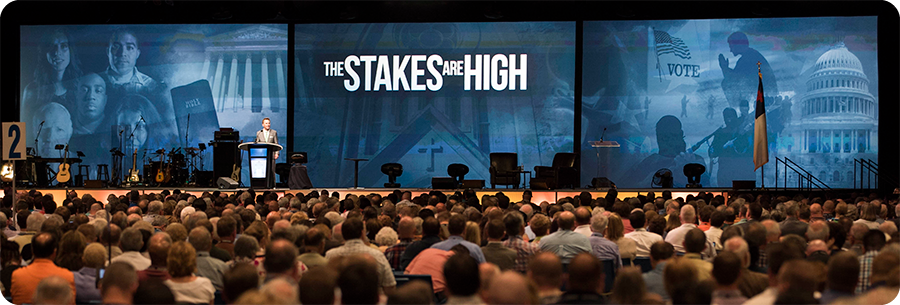When faced with hatred, marginalization or oppression, does one stay and or does one go? And if you go, when do you go?
“As a black scholar of race and a minister who is committed to social justice, I can no longer be part of an organization that is complicit in the disturbing rise of the so-called alt-right, whose members support the abhorrent policies of Donald Trump and whose troubling racial history and current actions reveal a deep commitment to white supremacy,” wrote Lawrence Ware last month in the New York Times.
I have read and reread this piece, turning over its contents and the thorny issues it raised. Though he explains clearly his reasons for leaving, there is so much more at play.
Ware’s first introduction to racism in the Church came in 1995 when he was just 13 and attending a Southern Baptist Convention gathering when another camper, presumably white, called him the N-word.
Reading this I thought of the countless Black Jews who have shared with me some of the horribly racist experiences they have had in Jewish spaces. Like Ware chose with his faith group, some have chosen to leave Jewish spaces — and honestly, I can’t blame them. Those that choose to stay do so because their love of Judaism and need of Torah community are so great that they are willing to overlook the fact that people don’t sit with them in synagogue or assume they are the hired help or call them shvartzes (a derogatory Yiddish word for African-Americans).
But there came a time when the racism joined with political power was simply too much for Ware.
What, I wondered, of his fellow white Church members? Were the racists celebrating his leaving? Were those who claimed anti-racist positions leaving too? Were they staying to fight? Were black members feeling abandon? Inspired?
I wondered too about the impact of leaving on Ware. How has he navigated the loss of spiritual community? Where does he pray? Or is he spiritually homeless?
In the aftermath of Charlottesville, these questions have taken on new meaning on many many levels.
The hatred and danger of the Alt-Right can no longer be ignored or denied and we are facing choices about how to respond.
The family of the man arrested for driving his car into the crowd of anti-hate protesters disowned their own child.
CEOs of major companies distanced themselves from the president.
Military leaders are denouncing racism.
How much hate can and should be tolerated? When those of us who are in the target group stay, do we give cover to the haters or do we leverage the power to make change happen? When those of us who are in the power group stay are we complicit in the hatred or do we assert our privilege to ensure change?
Jewish members of the Republican Party are now faced with the same situation that Ware faced. Ultimately, his decision to leave came after the Southern Baptist Convention refused to endorse an anti-racist resolution and take a stand against white supremacist ideologies. As of my writing this, while individual Republican leaders have denounced the Alt-Right, the Republican Party has not as a whole, and many have remained silent.
I do not envy the Jewish Republicans who share economic or Israel policy goals with the party. They have difficult choices to make.
But in truth, many of us are facing questions about the groups and communities to which we belong -questions that did not begin or end with Charlottesville. How in face of hatred and bigotry do we respond? Do we ignore it? Do we speak up? Do we leave?
The historical Jewish experience of hatred means that for many these questions resonate with familiar and communal experience in real and painful ways. In recent days more and more Jewish friends are seeking out dual citizenships or considering a move to Israel.
In each of these conversations, I think of Ware and his break with his Church. I think of how often white Jews deny the racism within the Jewish community. I think of the non-Jews and Jews of 1492 Spain and 1930s Europe. I ask myself, in the face of hate, how do you know when to stay and when to go?



